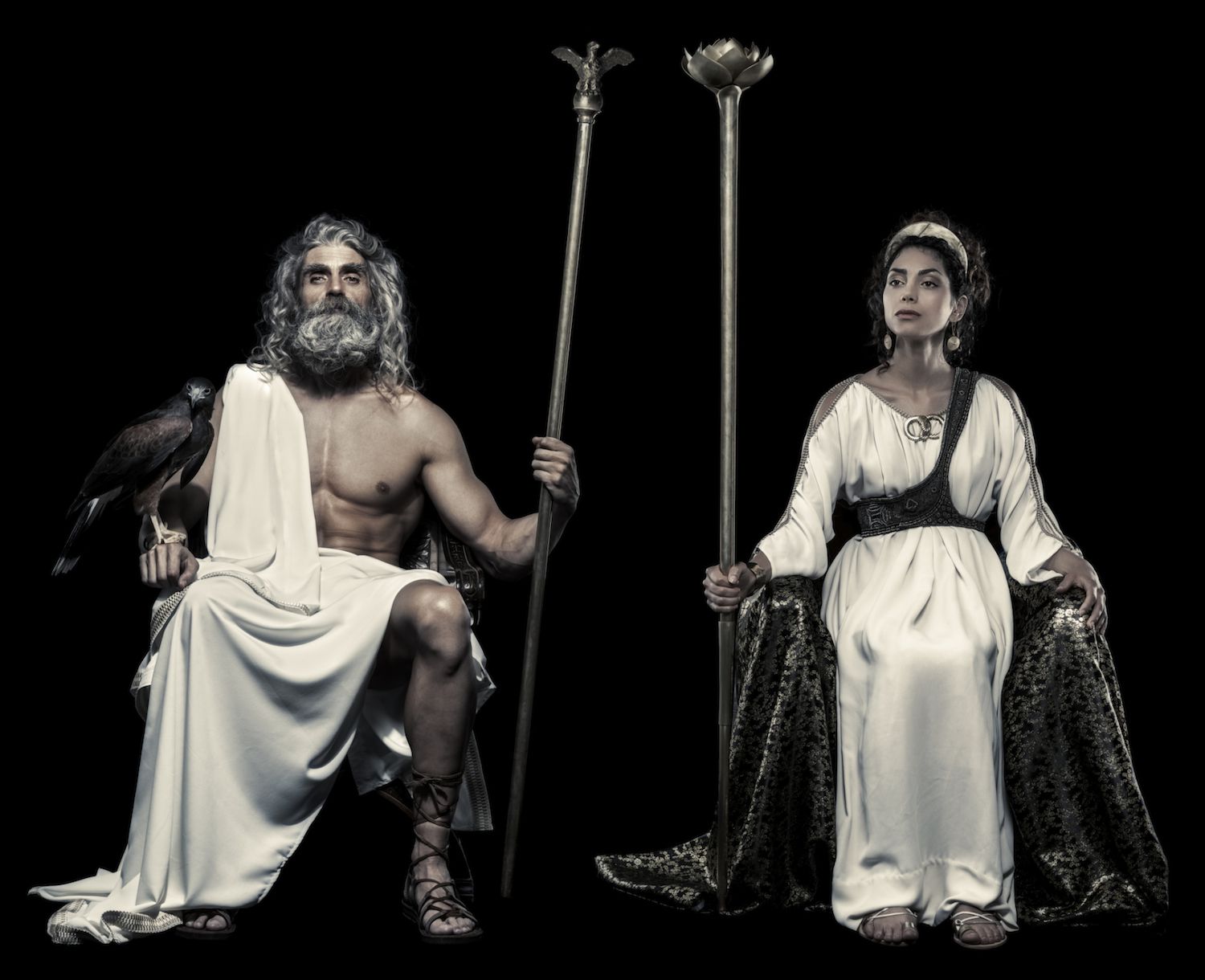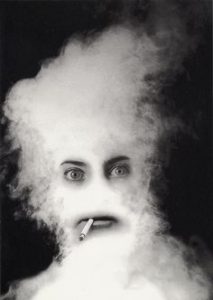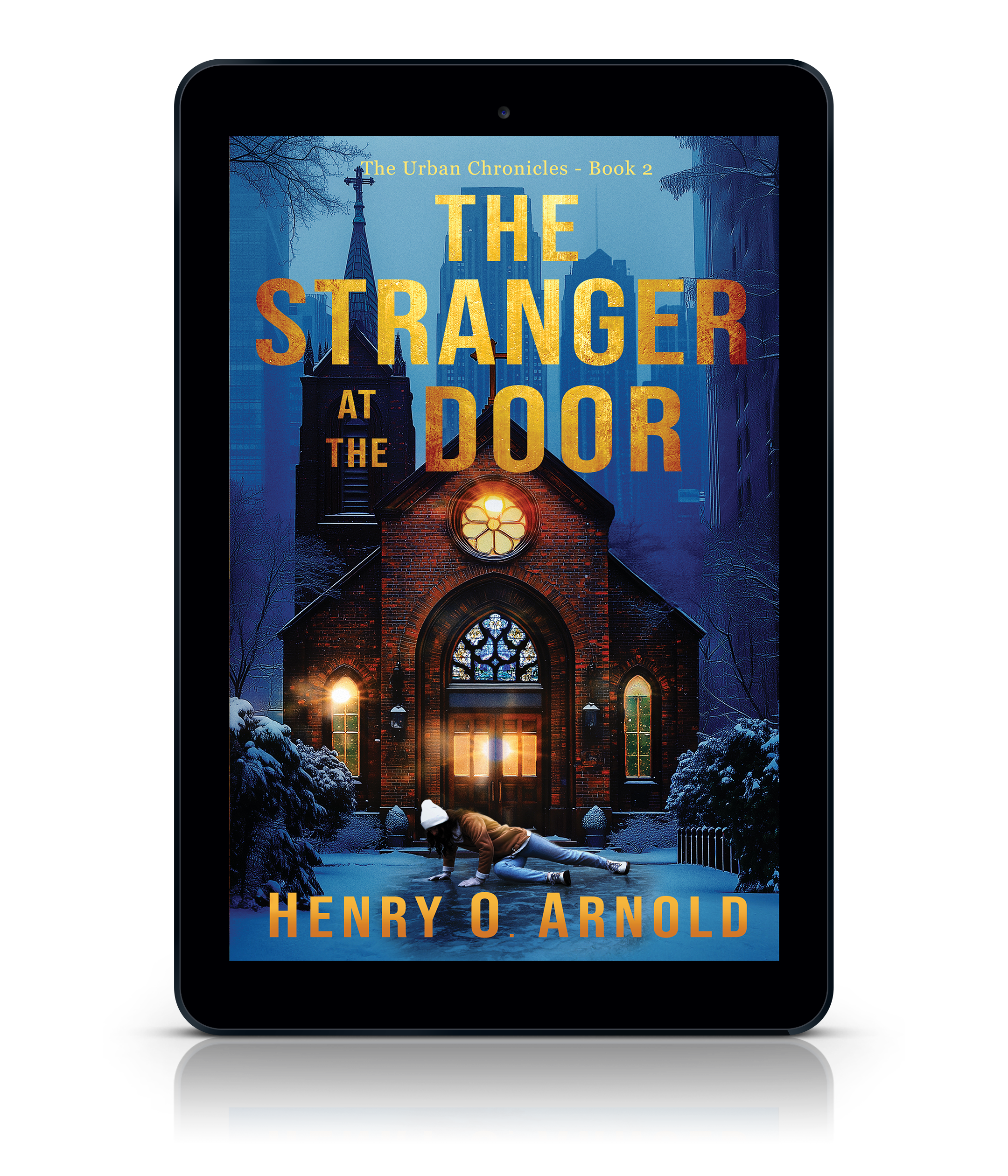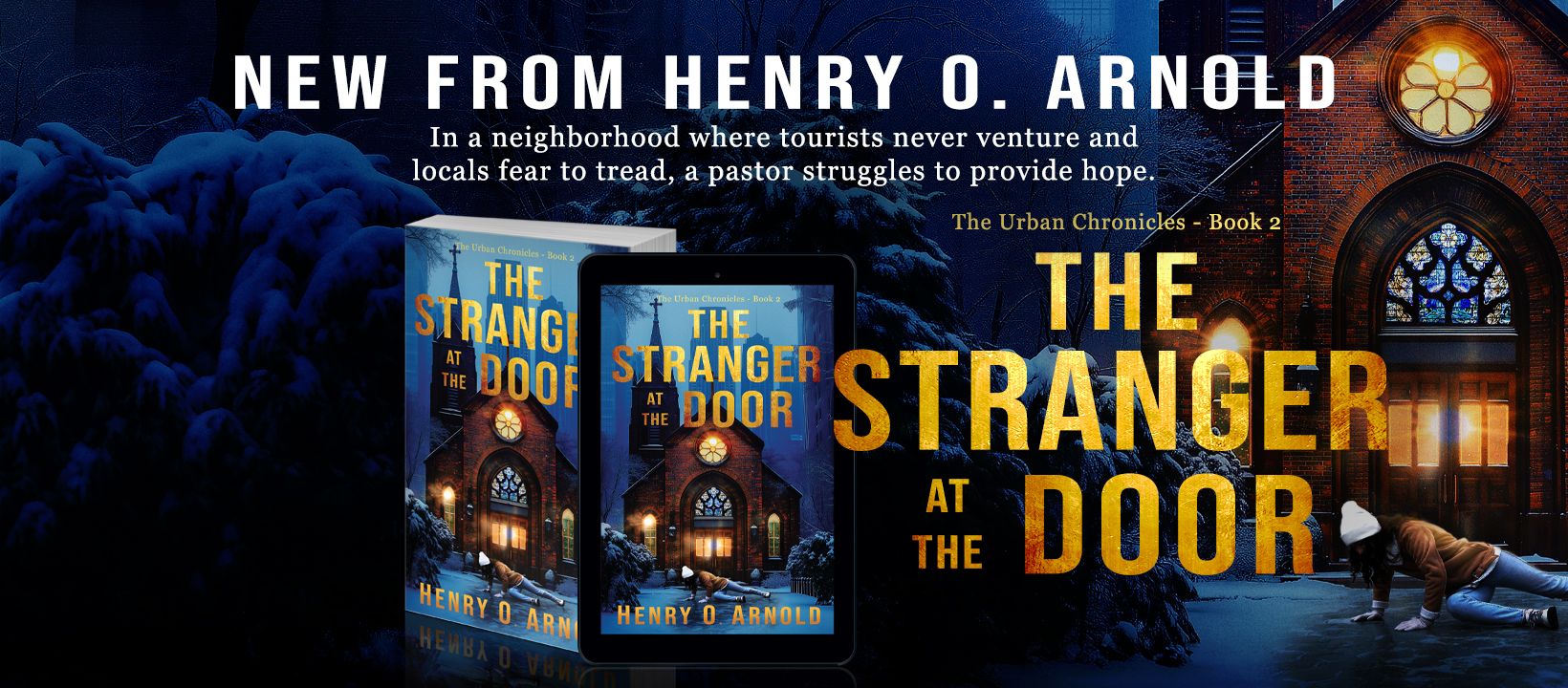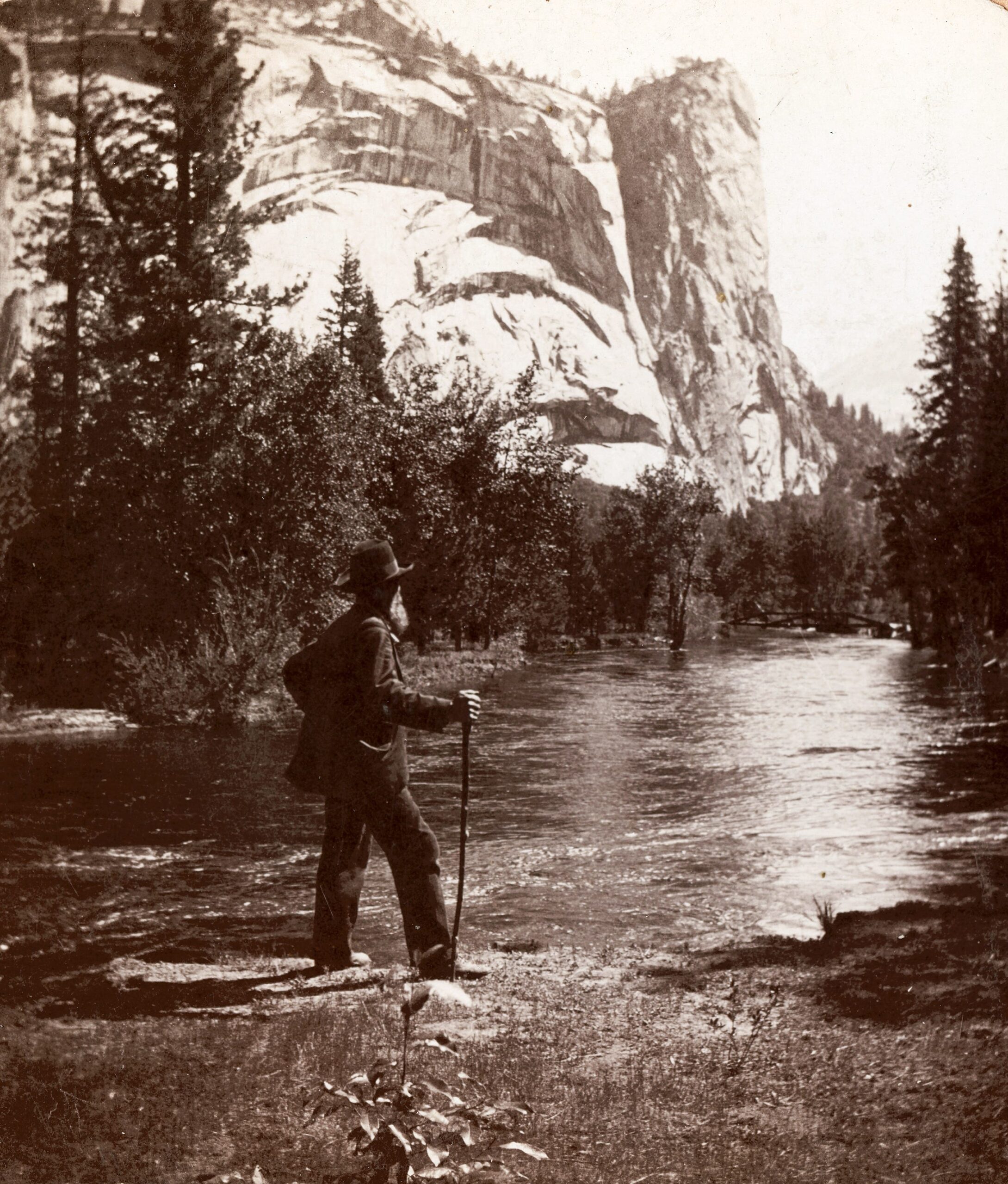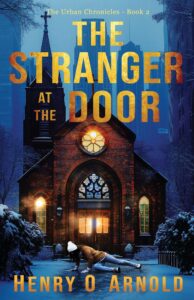It’s Hard Being Your Own god
I was raised in an era when the different streams of the Protestant churches were clear in their beliefs that they had the corner on the truth and were the only ones going to heaven. If one behaved according to their theological prescriptions and had done enough “good deeds” to nudge St. Peter to granting them entrance through the pearly gates, then, whew, you made it. That’s a lot of pressure on a person to be morally on pointe and to balance out the scales of our good and bad deeds.
All these different religious persuasions, so sure of their future hopes of heaven, had to mean that other denominations had no chance of making it. Each one considered themselves to be the “true” church, a very exclusive club.
There is the old joke about St. Peter leading the new arrivals on a tour of heaven. When they get to a certain neighborhood in the heavenly city, St. Peter asks the group to remain silent as they pass by, “Because these people think they are the only ones here and we don’t want to disappoint them.”
This notion of theological exclusivity is designed to make the ones who believe they are in the right camp to feel superior and to create human structures where oppression of others is allowed to thrive. If you believe that God only likes the things you like and agrees with your opinions one hundred percent of the time, then your god is you.
The feeling of superiority is just a thin veil that attempts to hid a tainted heart. Whether we espouse a faith in God or simply hold to a system of ethical justice, we are all guilty of smug superiority. No institution, religious or secular, however altruistic, will sanitize our human condition. More is required.
Jesus Christ came as a substitute to stand in the gap for our reckless human natures. He invites us into the embrace of his love, and his willing sacrifice distinguishes him from all human systems in the long history of the world. That is a status not achieved by individual effort. What a mercy. What an act of grace. What a joyful relief from the burden of trying to be your own god.

